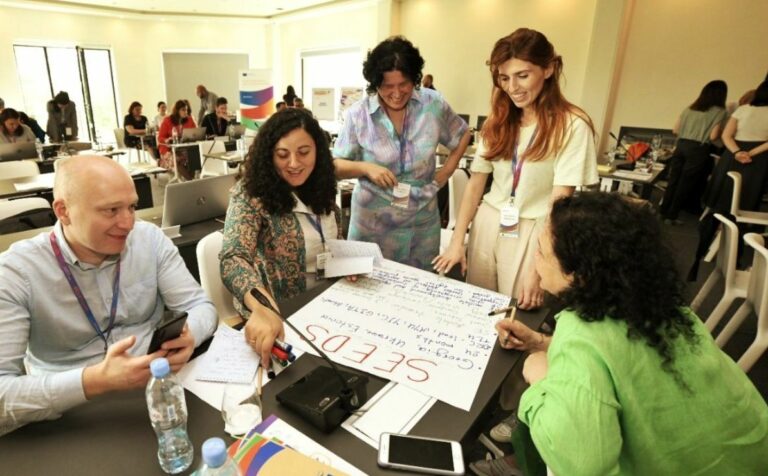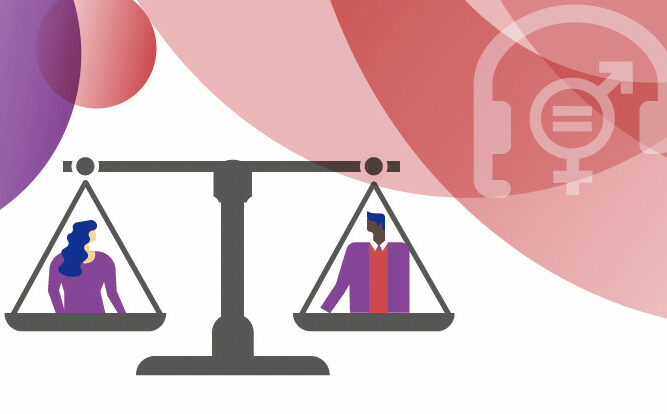
Reaching Zero with Renewables
This report focuses on reaching zero decarbonization into time to fulfil the Paris Agreement and hold the line on rising global temperatures. Several sectors stand out as especially hard to decarbonise. Four of the most energy-intensive industries (iron and steel, chemicals and petrochemicals, cement and lime, and aluminium) and three key transport sectors (road freight, aviation, and shipping) could together account for 38% of energy and process emissions and 29% of final energy use by 2050 without major policy changes now, the report finds.
The report considers how these sectors could achieve zero emissions by 2060 and assesses the use of renewables and related technologies to achieve this. Decarbonisation options for each sector span efficiency improvements, electrification, direct heat, and fuel production using renewables, along with CO2 removal measures.
Download
MOST READ
RELATED

Armenia Country Gender Profile

EU4Youth Newsletter: Welcome to the EU4Youth Stakeholder Hub!

A Resilience and Growth Plan for Armenia

EU4Youth develops Youth Wiki reports on Youth Employment and Employability

EU4Gender Equality Reform Helpdesk’s support (2021-2024) for Ukraine
More campaign pages:
Interested in the latest news and opportunities?
This website is managed by the EU-funded Regional Communication Programme for the Eastern Neighbourhood ('EU NEIGHBOURS east’), which complements and supports the communication of the Delegations of the European Union in the Eastern partner countries, and works under the guidance of the European Commission’s Directorate-General for Neighbourhood Policy and Enlargement Negotiations, and the European External Action Service. EU NEIGHBOURS east is implemented by a GOPA PACE-led consortium. It is part of the larger Neighbourhood Communication Programme (2020-2024) for the EU's Eastern and Southern Neighbourhood, which also includes 'EU NEIGHBOURS south’ project that runs the EU Neighbours portal.

The information on this site is subject to a Disclaimer and Protection of personal data. © European Union,







